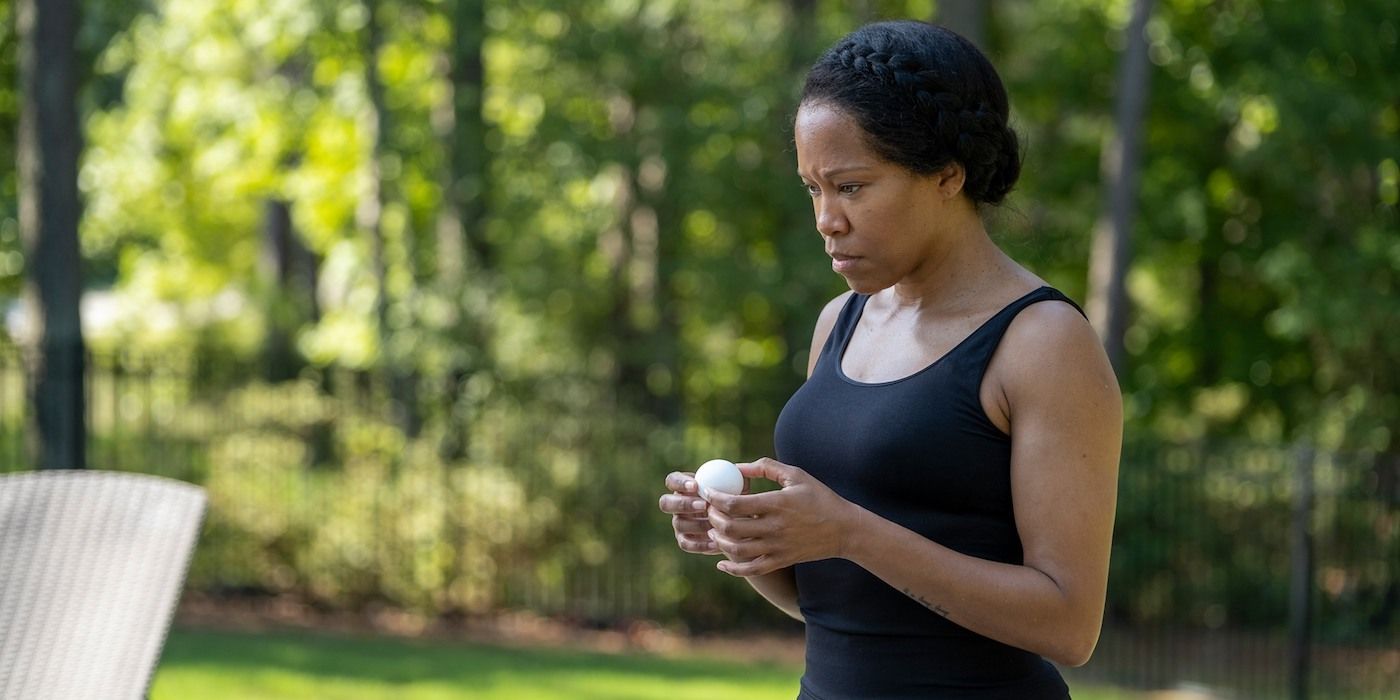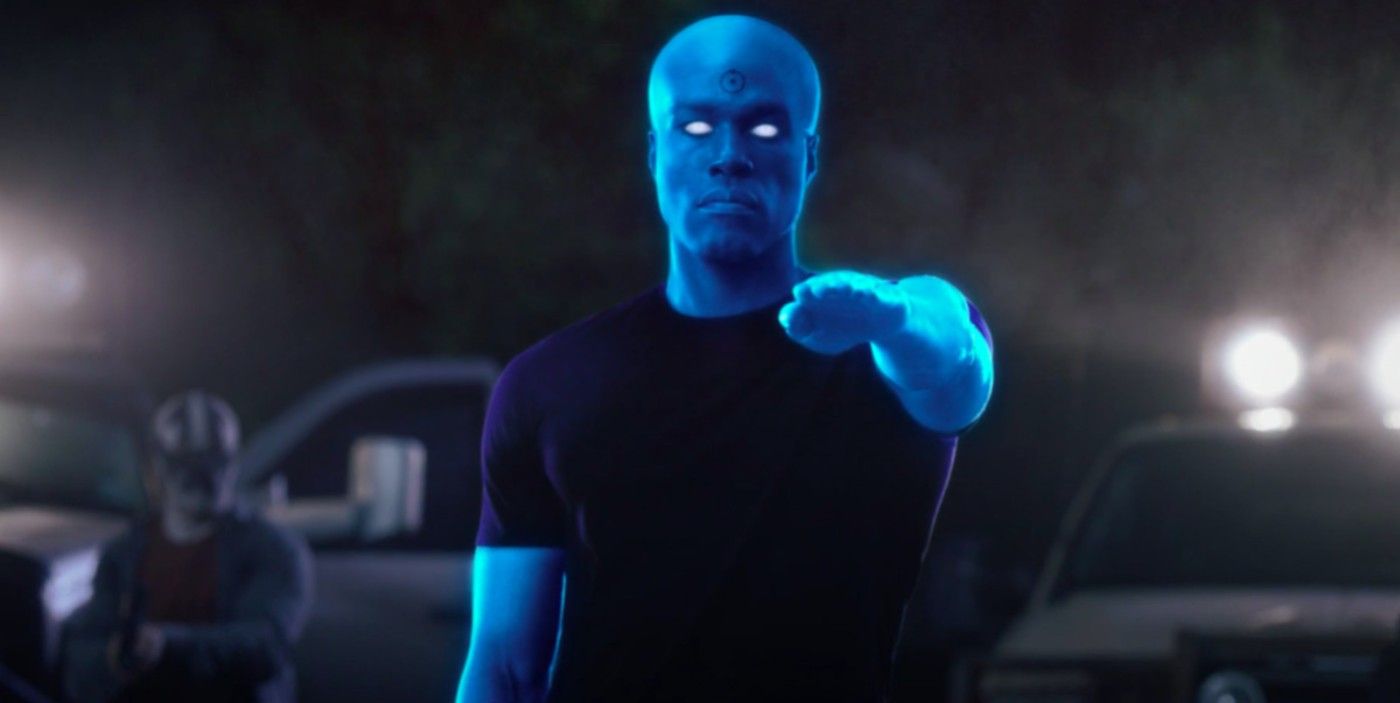HBO’s Watchmen, created by Damon Lindelof, has reportedly ended after its first nine-episode season concluded in December. The show, which spanned a depiction of the 1921 Tulsa race riots through a thirty-year presidency of Robert Redford, has received near-universal critical acclaim for its ability to continue and expand upon Watchmen lore, fleshing out old characters like Ozymandias (Jeremy Irons) and introducing new ones like Angela Abar a.k.a. Sister Night (Regina King). Because of the show’s success, it wasn't actually canceled; rather, the network accepted the creative team's decision not to continue.
Programming chief Casey Bloys broke the news that HBO won’t be pursuing a second season without Lindelof’s involvement, telling USA Today:
"It's really in Damon’s thinking about what he wants to do. If there's an idea that excited him about another season, another installment, maybe like a 'Fargo,' 'True Detective' (anthology) take on it, or if he wants to do something different altogether. We’re very proud of 'Watchmen,' but what I’m most interested in what Damon wants to do... It would be hard to imagine doing it without Damon involved in some way."
For his part, Lindelof (who first won critical attention with Lost) has indicated to news outlets that the story he wanted to tell is complete, though according to USA Today he has given his blessing for HBO to continue the show without him. The last episode of Watchmen wrapped up most of the outstanding story threads with the exception of some deliberate ambiguity in the episode’s final moments. Telling a complete story to its conclusion is artistically a good reason to discontinue a series, but what are some other reasons why Watchmen is ending after only one successful season?
Watchmen has already pulled off an impressive magic trick. Picking up a fan-favorite franchise with a loyal following of the comic books and segments of the fanbase devoted to Zack Snyder’s 2009 film adaptation was already a remarkable balancing act, and that Lindelof’s creative team was able to pull it off is impressive. Repeating that achievement for a second season without making the franchise feel overstuffed may have been a bridge too far. Lindelof’s decision to discontinue his involvement in the series that reached a satisfying conclusion represents an artistic wherewithal we don’t often see.
For its part, HBO could have looked at Watchmen as the answer to the Game of Thrones-sized hole in its programming slate. Watchmen’s success brought the network some goodwill that it needs before going into 2020, which will see the launch of HBO Max. Putting art before commerce might be inconvenient for HBO, but continuing without Lindelof is even more risky, especially given HBO’s history with disappointing second seasons.
Westworld season 2 failed fans' expectations with an unnecessarily convoluted timeline, and few series saw a steeper downfall than the plummet from True Detective season 1 to season 2. Westworld’s first season mirrors Watchmen: both end on a cliffhanger of sorts, but the essential story threads are tied, and the shows’ thematic elements end in a poetically satisfying way for fans of the first seasons. True Detective was always meant to be an anthology show, and while rumors speculate that Watchmen could turn into an anthology, the plunging critical reception of True Detective’s second season is a good argument against adapting Watchmen to that format.
Overall, Damon Lindelof and HBO’s decision to end Watchmen while it’s still good represents a rare sense of artistic restraint among the market pressures around the show, and a near-perfect nine episodes of television, in a marketplace flooded with content, cements HBO’s reputation as a network that concentrates on quality over quantity – a corporate ethos that will serve them well going forward.


